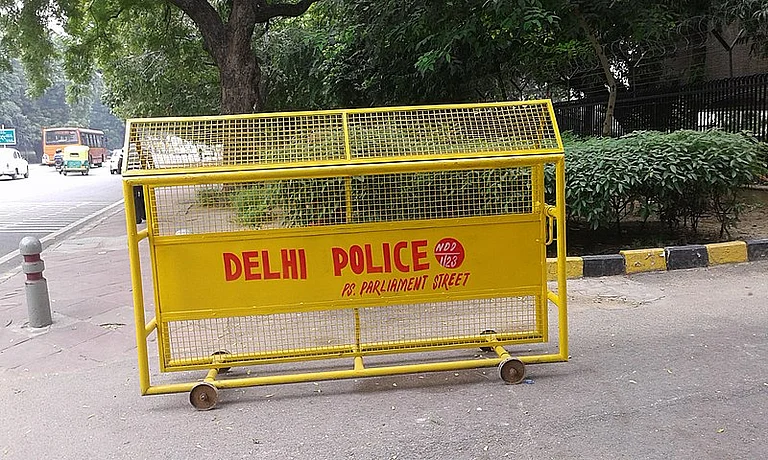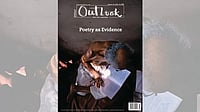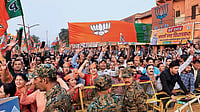
House of Memories
Punjab’s literary diva Amrita Pritam’s dying wish was to convert her home into a memorial. She had built it for herself and her live-in companion Imroze. But it has been sold by her son to builders who brought it down recently. K-25 in Hauz Khas Enclave—where refugee poets, painters and publishers were allotted plots after the Partition—was well-known. She pottered around, receiving guests, while Imroze brought around the tea tray. When he wasn’t catering to guests, Imroze painted portraits of his lady love. By the time she died in 2005, he’d already turned the place into a memorial, the walls covered with his paintings of her. Imroze managed to rescue the paintings and books and carry them to his new builder’s flat in nearby Greater Kailash Part One.

Transitory Verbs
Unless you are Amitav Ghosh, it isn’t a great time to be a Penguin author: worse than headless, as the new head, Chiki Sarkar, is yet to be relieved from her old job, and won’t take up the post for a month or more. So, guests arriving for Namita Gokhale’s book launch recently were greeted at the door by Random House’s publisher. I wonder what it must feel like to be a Random House author—old publisher ready to leave, new publisher nowhere in sight.
Public And Private
The year’s two top novels—Amitav Ghosh’s River of Smoke and Aravind Adiga’s Last Man in Tower—are not just a study in contrast: Ghosh’s story is set in Victorian times while Adiga’s is about Unshining New India again. But the rival houses are marketing them differently: Ghosh is on a six-city tour, while Adiga has refused to appear even for a book launch.


























